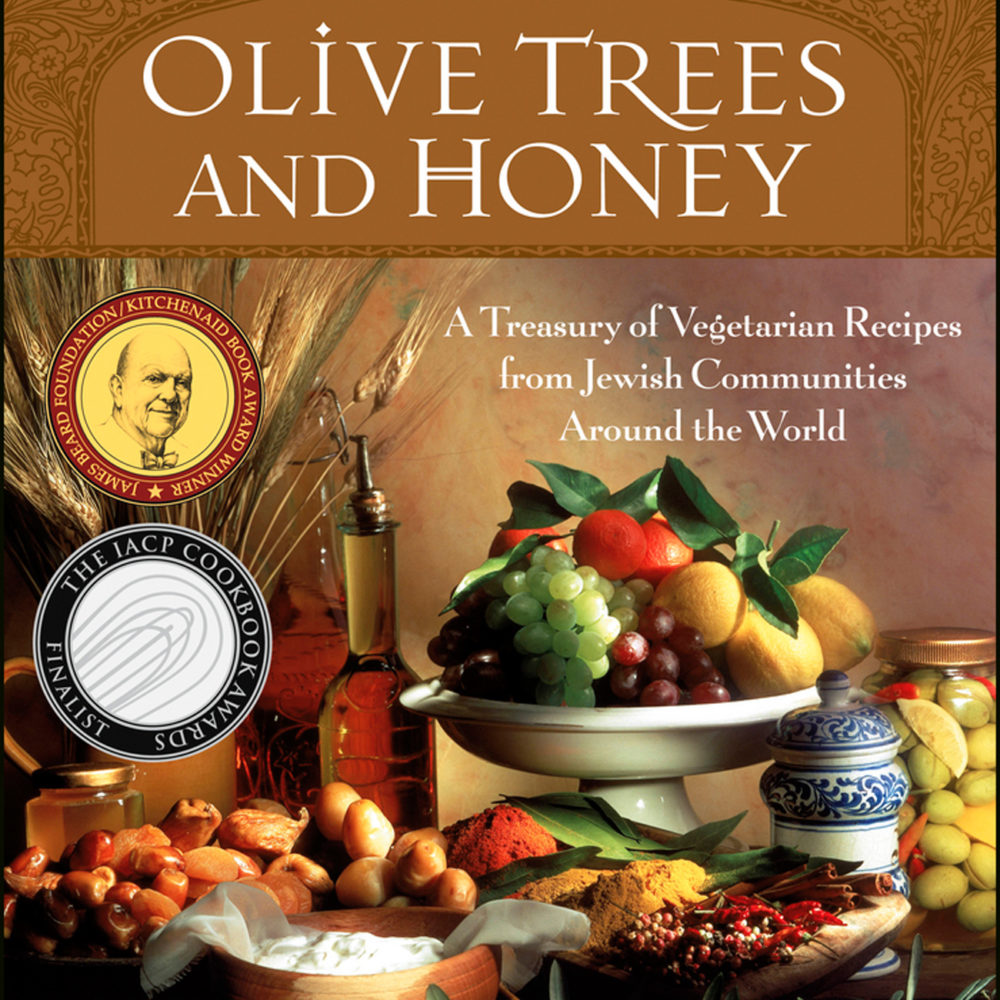
A great book title is one of the first marketing tools in the publishing toolbox. Crafting an effective book title — one that entices as many readers as possible to the book — can be as complex as any other product naming task. The goal is to pull people in with the title — and ultimately, to sell more books.
And while book title generator tools may be able to spit out some great brainstorming ideas, the truth is there’s no automated substitute for the process. It takes a human touch to know and understand who the potential readers for the book are, what value the book is providing them, and how to communicate that value in just a few words of title and subtitle.
How to create a book title: the basics
Titling a book was a big subject for me when I was running TheBalanceCareers Book Publishing Site. Here are a two articles I wrote for on how to develop a great title…
- Getting started creating a book title
- Crafting a book title, step-by-step — with Julia Child AND Dick and Jane 😉
A book naming process case study
Taken from my time at a cookbook publisher, here’s an example of how a publishing team of editors and marketing folks and the author’s team turned a just-OK book title into a powerful title and subtitle combination that greatly expanded the potential market for the book.
So… a book proposal came into the house with a title that basically relayed its subject matter: Kosher Vegetarian Cooking, by Gil Marks. It was a collection of — you guessed it — vegetarian cooking for those who also keep kosher, from a variety of traditional sources.
Does the title address the main market for the book?
Now, this is a straightforward book title that certainly speaks to its market — that is, people who:
- Don’t eat meat (a good sized book market these days) and
- Keep kosher (a much more limited market)
The intersection of kosher vegetarians felt like a limited market. The original book title spoke to kosher vegetarian cookbook buyers, but it almost felt like it was excluding others and limited the market.
How to expand the market reach? It would be hard with the existing title.
Would a great subtitle help?
An explanatory or engaging subtitle might help, but it wouldn’t solve the whole problem.
Consider a subtitle like: “Great meatless dishes anyone can enjoy”. It still wouldn’t quite have the marketing “oomph” to overcome the majority of non-vegetarian, non-kosher cookbook buyers’ impression that “This book isn’t for me.”
What title could broaden the readers who might also enjoy the book?
With the goal of expanding the market, those involved with the book’s development dug deep into the text and the philosophies behind the book and brainstormed and did market research into the competition (see “human touch” above).
A quote from the Bible was pulled out of the text:
“A land of wheat and barley, of grape vines and fig trees and pomegranates; a land of olive trees and honey . . . you shall eat and be satisfied.”?—Deut. 8:8-10
Deconstructed, some of the thinking that went into the titling process:
- Wheat and barley sound… a little too “whole grain cookbook”
- “Fig trees and pomegranates” was a combination perhaps a little too purely exotic to go wide — in addition, pomegranates were were having “a foodie moment”, which meant maybe the title might not age as well into the backlist.
And the winning book title is…
After many meetings and much deliberation, the title was determined to be: Olive Trees and Honey: A Treasury of Vegetarian Recipes from Jewish Communities Around the World.
Instead of limiting the book market, this evocative and lovely cookbook title brings to mind luscious ingredients. The subtitle provides an explanation and honors the cultural and religious heritage of the contents while it suggests the communal importance food and the promises of delicious recipes. Even the word “treasury” suggests value.
This delicious book title would bring the book to a much broader audience, like:
- People who eat olives and honey — ingredients that are in wide usage and that have shown no signs of abating in popularity in the past few thousand years.
- The larger Jewish community that doesn’t keep kosher.
- Cookbook lovers of all kinds who are interested in recipe collections.
- People interested in world food history.
- And, of course, kosher vegetarians.
Olive Trees and Honey: A Treasury of Vegetarian Recipes from Jewish Communities Around the World went on to win a James Beard Foundation Cookbook Award and to become a IACP Cookbook Award finalist.
Would Kosher Vegetarian Cooking have done the same?
• • • • • •
Need a quick hit of book publishing advice about your title—or anything else? Check out the Book Strategy Quickie for a robust sampling of ContentMeant’s expertise—at a reasonable price—focused on moving your work or your marketing forward.
Leave a Reply